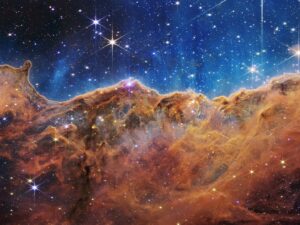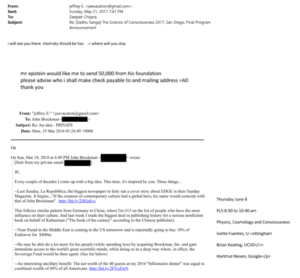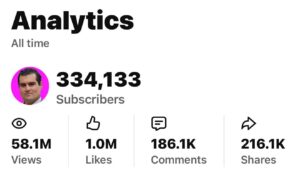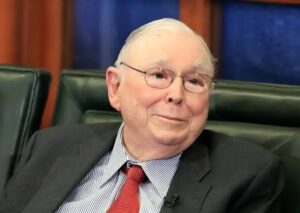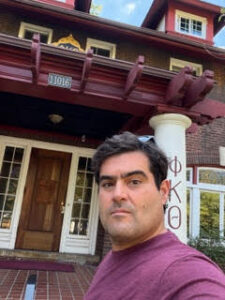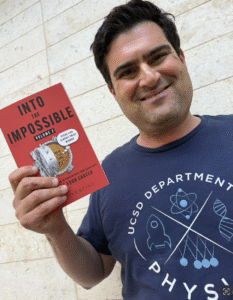Join A Cosmic Quest
Immerse yourself in the wisdom shared by Nobel laureates, billionaires, astronauts, and award-winning authors in the fields of space, science, and technology!
Join the Monday M.A.G.I.C. Newsletter for your chance to “Win a RARE 4-Billion Year-Old Piece of Stardust” each month.
Elevate your knowledge of Space & the Universe by signing up now.

Brian Keating is the Chancellor’s Distinguished Professor of Physics in the Department of Physics at the University of California, San Diego, and the Principal Investigator of the Simons Observatory. Keating is a member of the International Aviation Hall of Fame, a recipient of Brown University’s Horace Mann Medal, and a Fellow of the American Academy of Sciences and Letters. He is a public speaker, inventor, and an expert in the study of the universe’s oldest light, the cosmic microwave background (CMB), using it to learn about the origin and evolution of the universe. Keating is a writer and podcaster and the best-selling author of one of Amazon Editors’ ‘Best Non-fiction Books of All Time”, Losing the Nobel Prize.
Imagine if you could attend a ‘university’ staffed by the brightest minds in the world, take classes in your pajamas, and graduate debt-free (because there is no tuition!).
Are you sick of science popularizers who wax poetically about wormholes and breathlessly rhapsodize about the ‘Mind of God’? Me too!
It’s frustrating when scientists play it safe in their books and talks, refusing to respect their audiences… or worse, disrespecting their audience by ‘dumbing down’ their content. After nearly two decades as a professor — and many more before that as a student — I’d had enough. I decided to do something about it
Unlike your college professors, I don’t grade on a curve because there is no curve! I’ll be your tour guide as we explore the most
Dr. Brian Keating on Huberman Lab |
Charting the Architecture of the Universe & Human Life
Dr. Brian Keating on Lex Fridman Podcast
Cosmology, Astrophysics, Aliens & Losing the Nobel Prize
Dr. Brian Keating on The Diary Of A CEO | I’m Spending $200 Million To Explore Existence!
Dr. Brian Keating on JRE |
The Fascinating Life and Discoveries of Galileo

